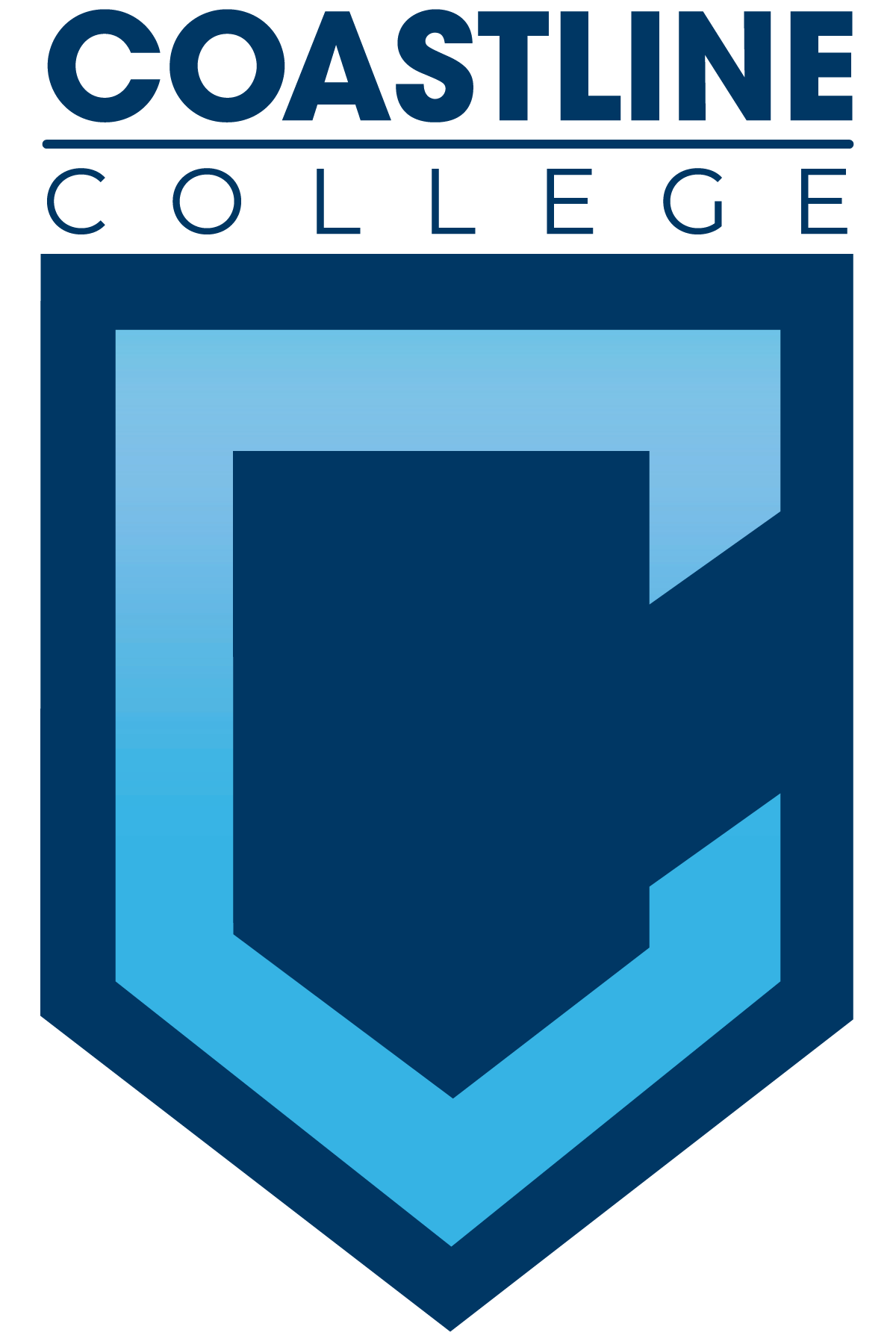Online (October 19, 2020) FORENSIC FOCUS
At DFRWS-USA this year, a keynote talk delivered by David Cowen, Managing Director at KPMG, highlighted what he called "a world of opportunities" for research in new - and yet undiscovered - categories of digital forensics.
DevOps, cloud forensics, and ephemeral containers and data are just a few of the areas ripe for study - even as instructors and professors work to stay abreast of emerging technology and trends.
This is no small task, and increasingly, forensic professionals are recognizing the need for students to have a foundation in forensic basics long before they ever join an undergraduate program.
The answer: middle and high school camps, clubs, and classes, which offer a blend of hands-on experience and instruction from practitioners. We're highlighting four of these:
- The Cyber Sleuth Science Lab
- CyberTech Girls and GenCyber camps
- SANS Cyber Camp
- The Computer Science Club at New Jersey's Middlesex County Academy (MCA) for Science, Mathematics and Engineering Technologies
Education and immersion for the next generation of forensicators
Two conference presentations over the summer described how early immersion could help fill an occupational gap and improve diversity in cyber.
Daryl Pfeif, Founder and CEO of Digital Forensics Solutions, spoke also at DFRWS-US about the Cyber Sleuth Science Lab (CSSL) she founded in 2016. The following month, Tobi West, a professor at Coastline Collegein Garden Grove (California), spoke at the annual High Tech Crime Investigation Association (HTCIA) conference about an initiative she founded, CyberTech Girls, and the camps she's hosted for the National Science Foundation- and National Security Agency-funded GenCyber.
The events' first goal is to help youth understand potential education and career pathways. "[High school] students are aware of hackers or heard of cybersecurity, but they don't have a good understanding of the whole world of jobs [in the sector]," Pfeif explained. "Why wait to get students interested in college? For some that will be too late."
West added that the one-day CyberTech Girls events address the "pivotal moment" in middle school when girls tend to form their career interests. That, she said, is a matter of making sure they're aware of different types of careers and where they might fit.
The GenCyber events consist of week-long camps that are more immersive, allowing adult mentors more time to talk to girls about activities and career potential - not just the "hoodie hacker," said West, but the variety of opportunities that are available to the girls.
For example, an upcoming event, planned for July 2021, will focus on careers in the U.S. Federal Bureau of Investigation (FBI), bringing students to the Orange County Regional Computer Forensics Laboratory (RCFL) so students can get a sense for what it's like.
These kinds of programs, Pfeif and West hope, will improve the ratio of women and others from groups who are underrepresented in cyber - those who, both founders stressed, could be self-selecting out of the field either because it isn't diverse, or because they think it's limited to coding.
That was apparent in Pfeif's home city, New Orleans, which she said doesn't have a significant tech community. "We needed to bolster not only a diverse workforce, but also more diversity in jobs," said Pfeif, adding that the same holds true in many communities in the United States. "A career in DFIR has the potential to fuel systemic change and a chance to escape multi-generational poverty."
It starts by teaching digital forensic science in a virtual learning environment, a format that was valuable even before the pandemic: its flexibility allows for the CSSL to be delivered in a number of formats. "Summer camps, intensives, in class, after school: any way you could bring Cyber Sleuth to youth near you, we're on board," Pfeif said.
A virtual toolkit includes digital forensic tools and scenario datasets, while a virtual lab incorporates age-appropriate, life-relevant investigative missions. This way, the students can step through the forensic process and learn fundamental concepts in forensic science.
The immersive experience further teaches students the process of scientific inquiry through concepts and skills in technology, engineering, mathematics, and computer science. However, the CSSL isn't just about the "cool" aspects of digital forensics. It also teaches students skills they may not have considered, such as report writing, ethics, and mock trial testimony.
"We have all the students write forensic reports," said Pfeif. "They take detailed notes, calculate hash values of all objects, and report their notes back." This fits high school well, she added, because it brings home the value of communication. "If you can't present findings in a concise, interesting way, the value of your work isn't as clear," she explained.
At the middle school level, said West, age-appropriate activities are equal to information in importance. For the girls at her events, hands-on activities include making binary bracelets, a cabling workshop, and desktop computer assembly/disassembly. However, CyberTech Girls also includes a mock crime scene that includes both physical and digital evidence to process.
Students aren't the only demographic who can benefit from this type of education. West spoke about CyberTech Girls' virtual teacher camp, where government officials speak to teachers of biology, psychology, and related subjects about cybersecurity for their disciplines - additional pathways for students.
"Cybersecurity skills are valuable to everyone and transfer to other domains," said Pfeif in her presentation. "Students need a better understanding of how what we do underpins every other business sector."
Read the full 10/19/20 Forensic Focus article.
